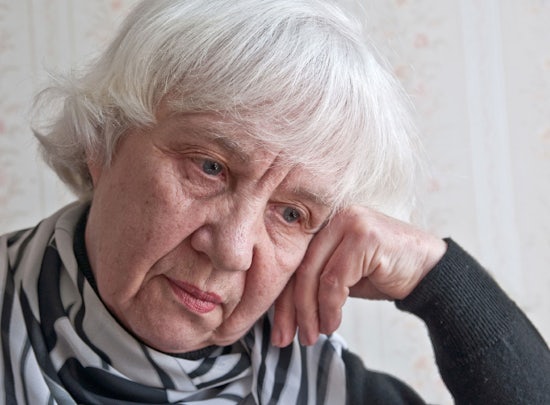Don’t be afraid to reach out for help
Seniors are being urged to reach out for support to protect themselves from depression, loneliness and anxiety as part of Mental Health Week.

Older Australians are often at risk of social isolation which can lead to depression and anxiety.
Support service Beyondblue says between 10 and 15 percent of older Australians suffer depression, and around 10 percent experience anxiety, with higher rates in nursing homes.
National Seniors Australia chief executive Michael O’Neill says Mental Health Week is a reminder that people of all ages need to check in on their mental health.
“Feelings of constant loneliness and a lack of enjoyment in life are not a normal part of growing older,” says Mr O’Neill.
“Older Australians are often at risk of social isolation which can lead to depression and anxiety, and it’s important to not be afraid to seek out professional help.
“Family and friends should also open up the dialogue about loneliness with their older loved ones and make them feel welcome to talk about it if they need to.
Signs of depression include loss of interest in life, lack of enjoyment in normal activities, feelings of anxiety, poor sleep, loss of appetite and difficulties with concentration or memory.
Risk factors for depression for people aged 65 and older include physical illness – particularly long-term illness, isolation, chronic pain and bereavement.
“We also hear of older people facing social isolation once they have left the workforce. It’s important that retirees remain relatively active and mentally engaged even after leaving employment,” according to Mr O’Neill.
Research from the National Seniors Productive Ageing Centre found that the key to healthy ageing included being physically active, not smoking, maintaining a healthy weight, having a healthy diet, drinking a moderate consumption of alcohol and engaging in cognitively stimulating activities.
Being independent, having social relationships and doing productive work, including volunteering were also beneficial.
Mental Health Week started on 4 October, ending on 10 October, marking World Mental Health Day.
Information on loneliness and isolation and how to seek help can be found through on the Lifeline website. For crisis support ring Lifeline on 13 11 14.











![The new Aged Care Act exposure draft is slated for release in December of 2023, but advocates hope to see it rolled out on January 1, 2024. [Source: Shutterstock]](https://agedcareguide-assets.imgix.net/news/articles/wp/agedcareact__0811.jpg?fm=pjpg&w=520&format=auto&q=65)












Comments